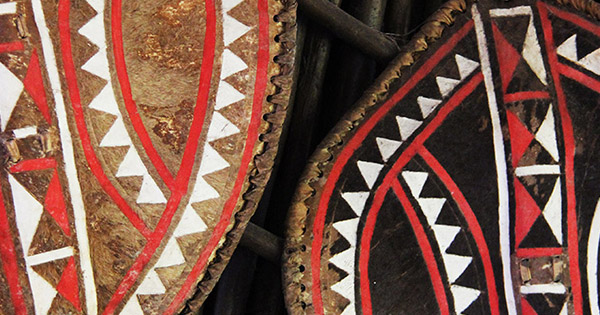Nearly every major doctrine of the Church was established before the Reformation. In this course, learners discover how the Church’s doctrine, faith, and practice developed from Pentecost to the time of the Protestant Reformation. The lectures focus on the cultural, political and economic backgrounds of both the Patristic and Medieval periods of church history, and emphasize the contributions of key figures up to the Reformation. The course culminates with the Renaissance, which was the cultural context for Luther’s Reformation. From Augustine to Wycliffe, students will see how God graciously used human people to accomplish divine purposes.
Materials
Study Guide- Articulate the development of Christian doctrine, faith, and practice from the Protestant Reformation to the present.
- Describe the theological tenets established by Luther as key to the Reformation.
- Distinguish between the fundamental characteristics of Lutheranism, Calvinism, Anglicanism, and Anabaptism.
- Understand the impact of the Council of Trent on church doctrine and reform.
- Recognize the significance of the events studied in this course on today’s church.
-
I found the lectures interesting and informative and learned a lot from them. Only issue is the emphasis on Church history in the USA as I am a UK resident.
-
Great course, great lecturer. Good application and teaching.
-
Great course!!
-
I enjoyed this course a great deal. I learned a great deal about the nineteenth century church history and of the famous men and women of the time. The reading in the textbook was a great help, as well.
Course Content









